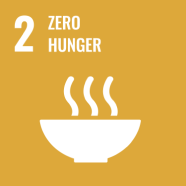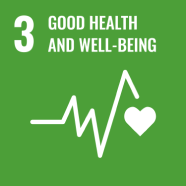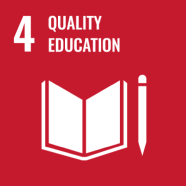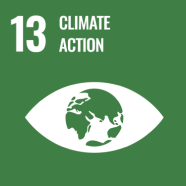Just another WordPress site
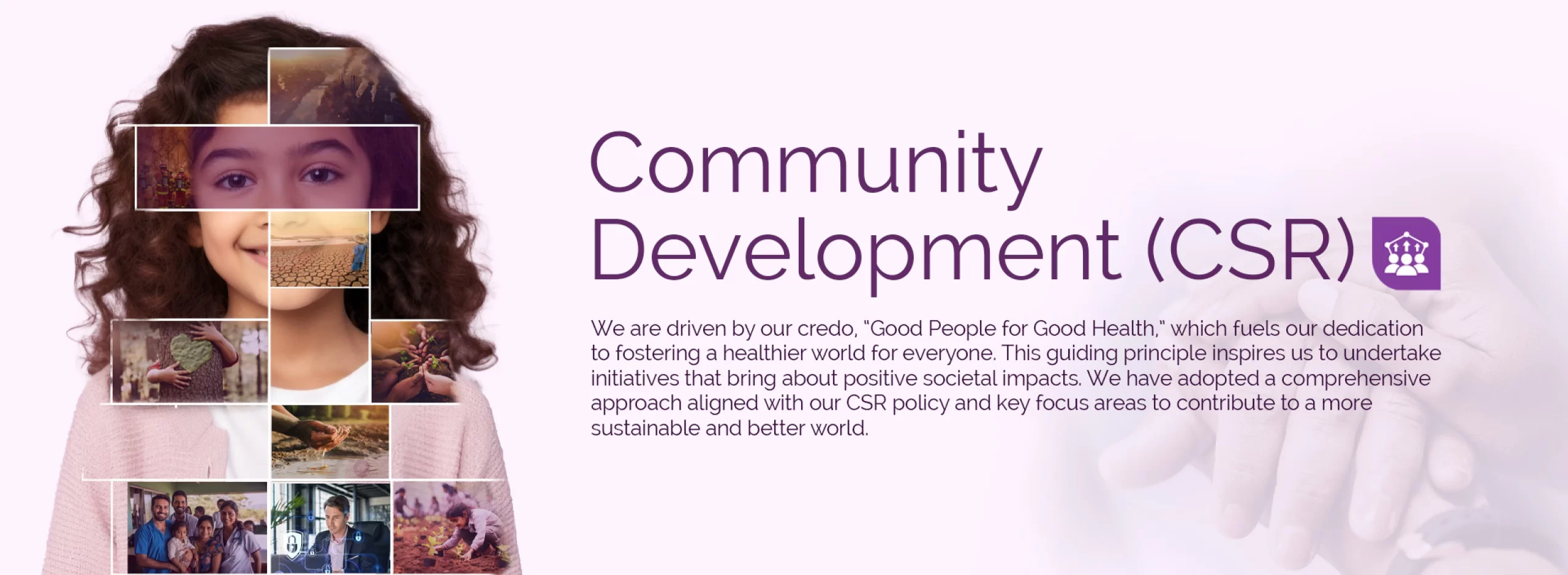
There are the 4 key areas where we extensively work towards creating positive impacts.
- Health & Nutrition
- Education
- Malnutrition
- Water
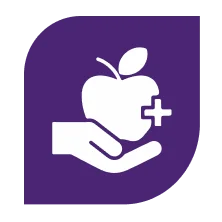
Health and Nutrition
Our company is dedicated to supporting children’s health by providing access to nutritious food. We collaborate with local communities and organizations to deliver balanced meals to underprivileged children, ensuring they receive essential nutrients for their growth and development. This program focuses on combating malnutrition, promoting healthy eating habits, and fostering overall well-being. By addressing food insecurity, we aim to enhance children’s physical and cognitive development, empowering them to perform better in school and lead healthier lives. Our commitment to child nutrition reflects our broader goal of creating a positive, lasting impact on future generations.
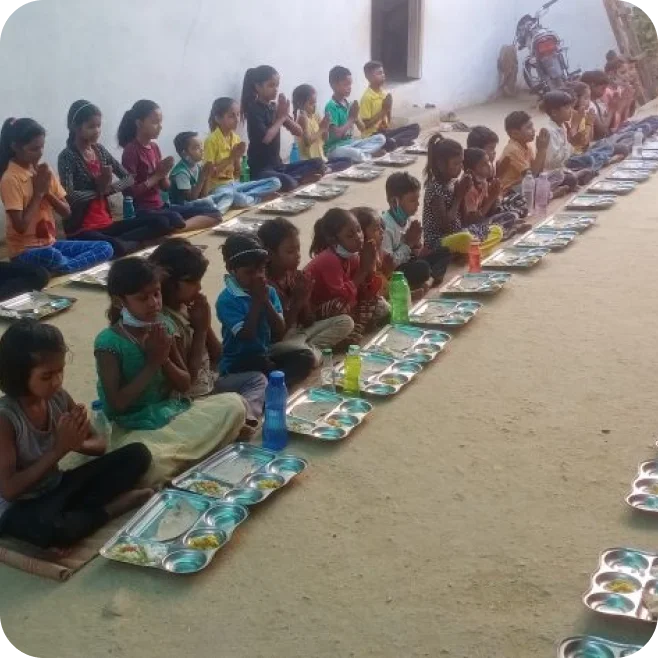
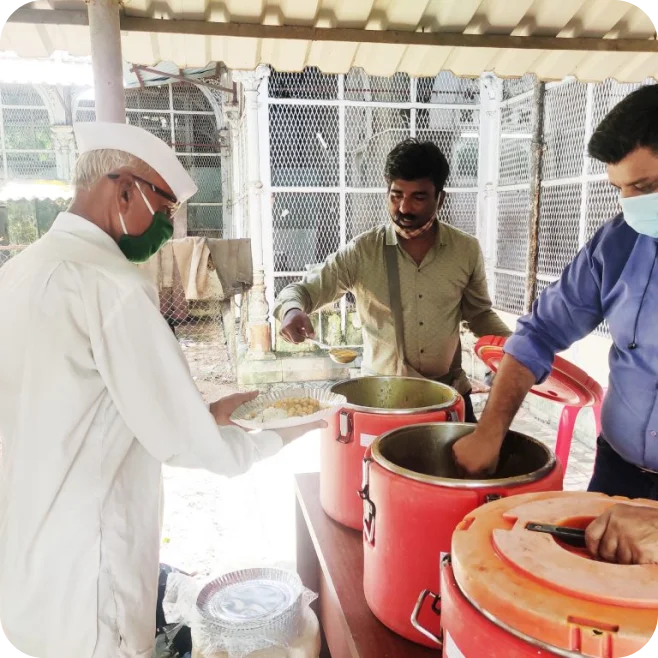
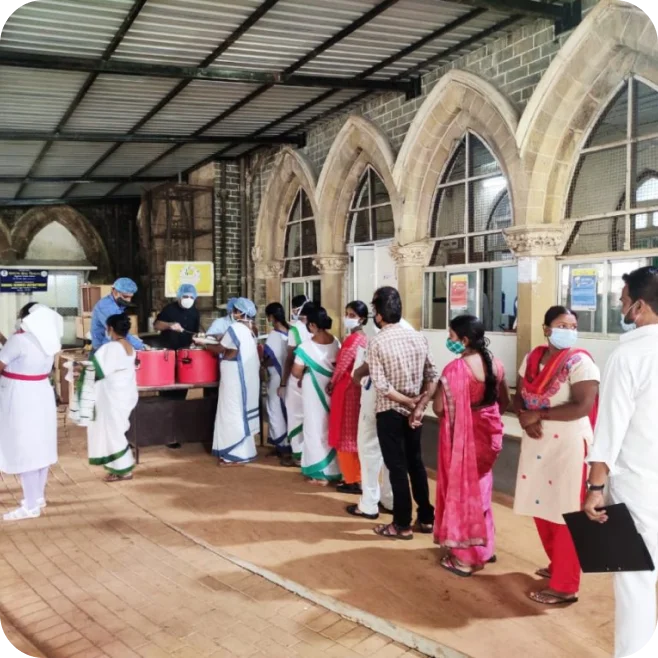
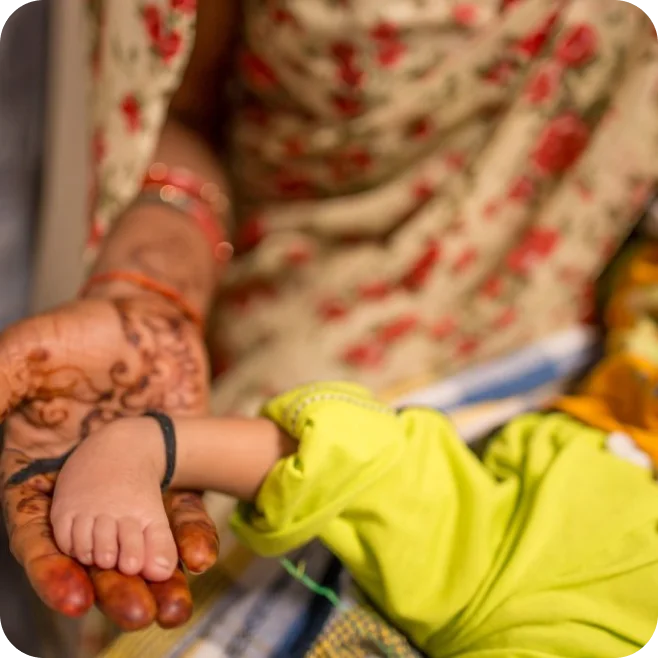

Education
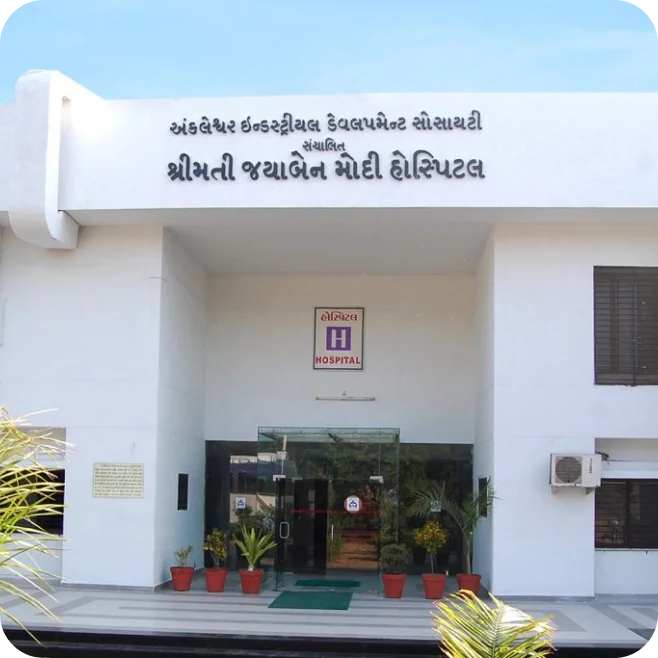
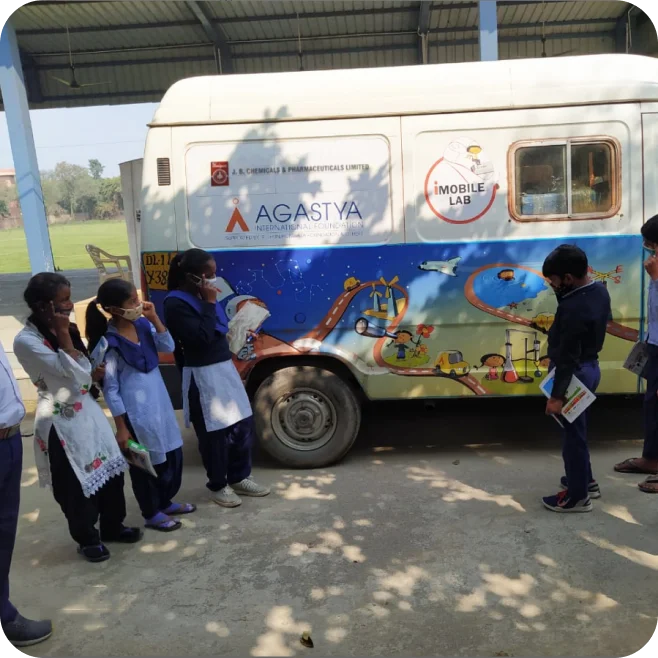
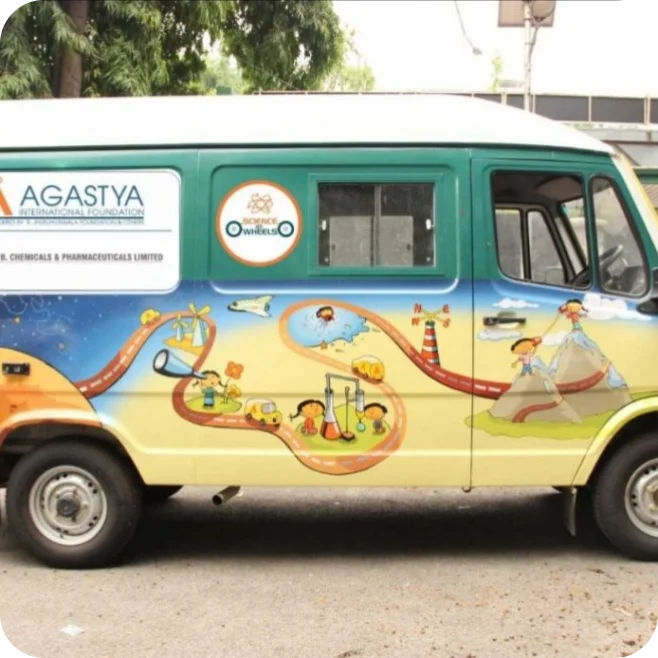
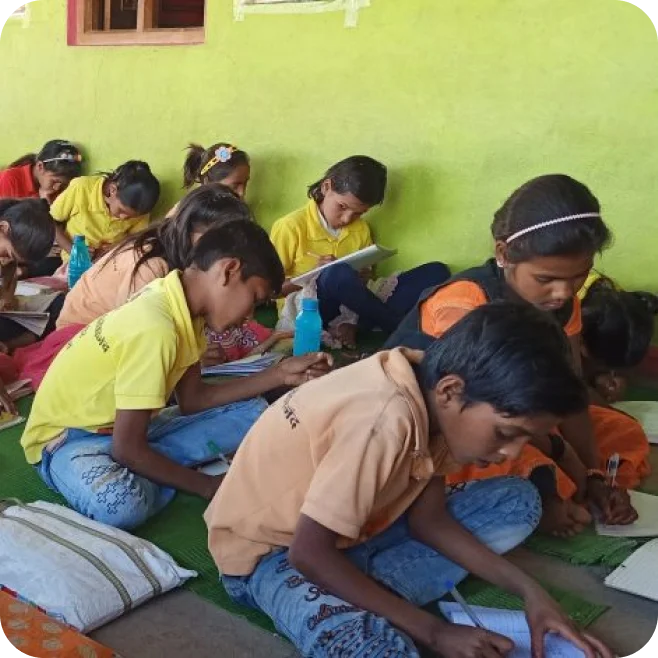
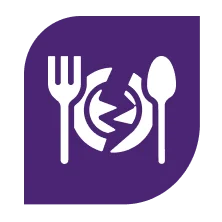
Malnutrition
Undernutrition during the early growth of a child can lead to health issues, physical growth retardation, and compromising immunity. The program mobilized 1,992 pregnant women and lactating mothers. 941 pregnant women underwent comprehensive antenatal check-ups, and 4,581 children’s growth was monitored.
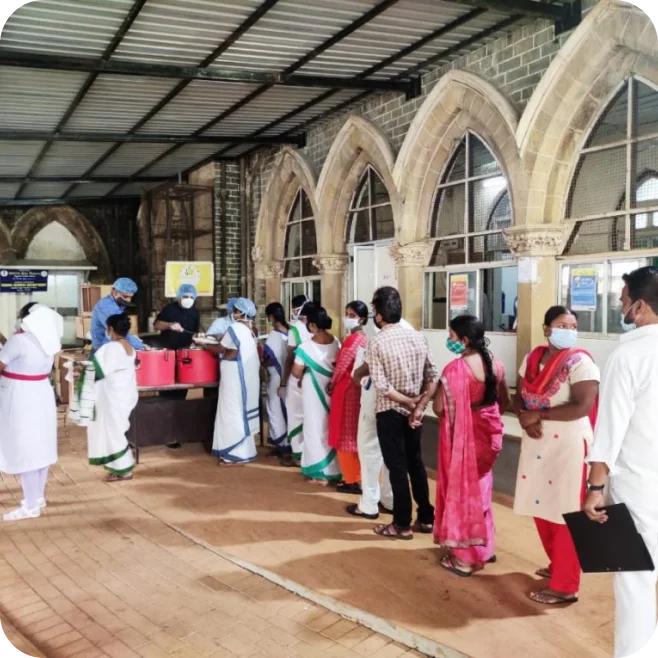
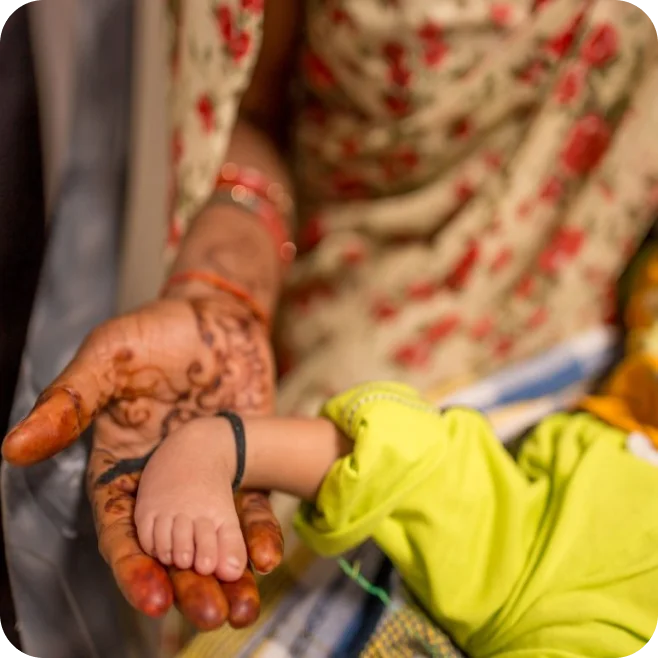
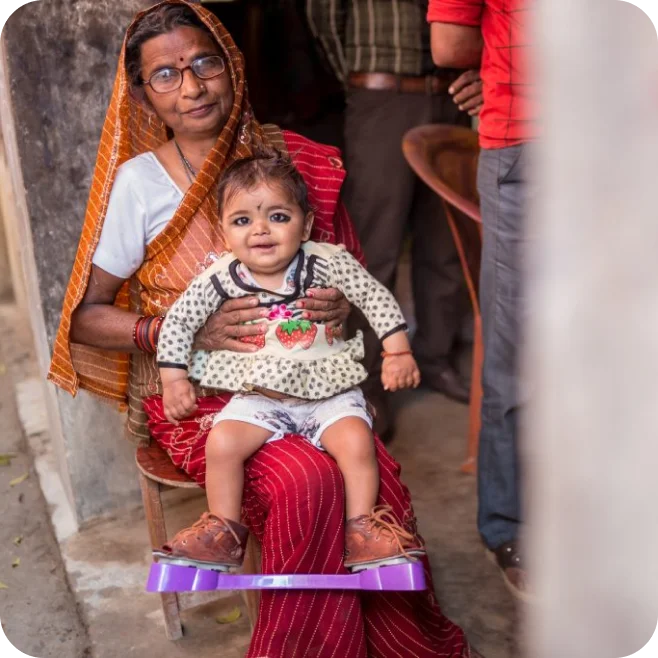
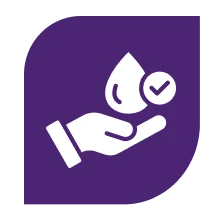
Water
Water is a freely available natural resource that needs to be utilized optimally. The requirement of water is essential, especially in the hospitals, which would require it in large quantities for their day-to-day activity and always maintaining hygiene. Similarly, the usage of water in schools and sports complexes is crucial. We have implemented Rainwater Harvesting project in JB Mody hospital and Gattu school sports complex, which is in Ankleshwar.
In hospital, harvested rainwater can be used for non-potable purposes such as laundry, sanitation, and cooling systems, reducing dependence on municipal water and lowering operational costs. It also ensures water availability during shortages, improving resilience.
In schools, rainwater can be utilized for irrigation, cleaning, and flushing toilets, reducing water bills while promoting eco-friendly habits among students. These projects help conserve valuable freshwater resources, lower environmental footprints, and raise awareness about sustainable practices. Overall, rainwater harvesting supports cost savings and fosters environmental responsibility in both institutions.

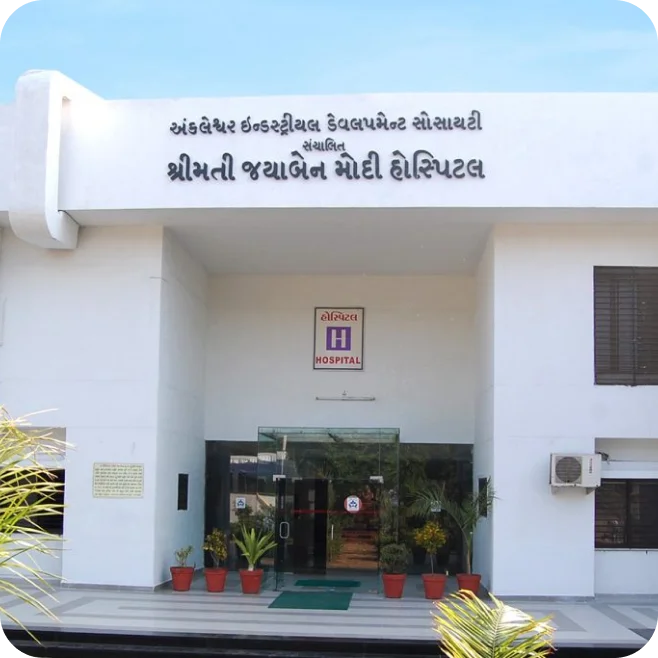
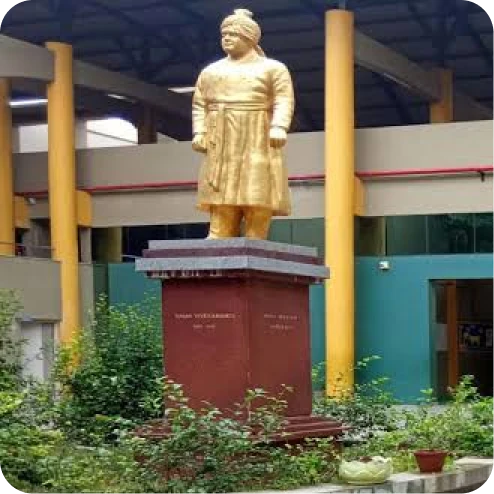
Accreditations, Ratings and Awards
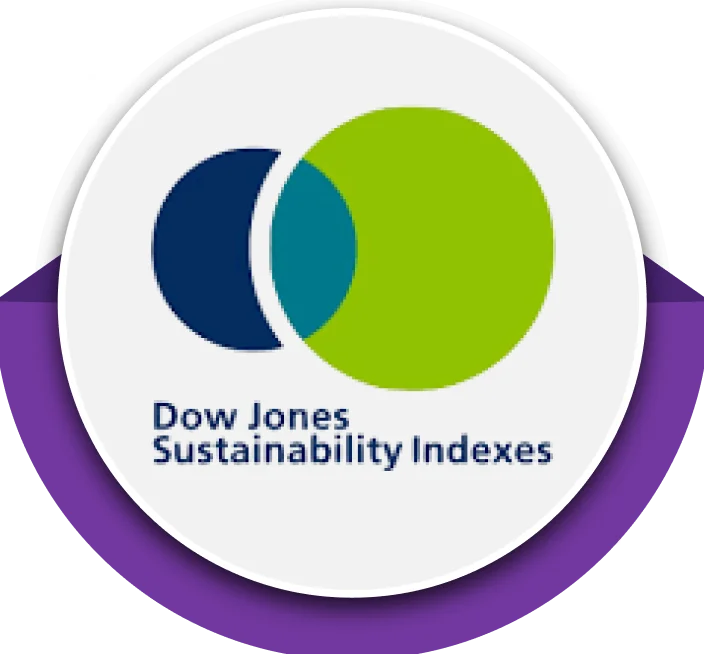
DJSI: The Dow Jones Sustainability Index (DJSI) is a globally recognized benchmark that tracks the performance of companies leading in sustainability practices. It evaluates companies based on environmental, social, and governance (ESG) criteria, including resource efficiency, ethical practices, and corporate social responsibility. The DJSI helps investors identify companies that integrate sustainability into their business strategies while driving long-term value. Being listed on the DJSI signals a company’s commitment to sustainable development, making it attractive to responsible investors. It encourages companies worldwide to improve their sustainability practices, fostering a more responsible and resilient global economy.
We debuted in the Corporate Sustainability Assessment (CSA) as part of the DJSI framework and scored 86 out of 100 for 2024.
EcoVadis: EcoVadis is a global sustainability rating platform that assesses companies’ environmental, social, and ethical performance. It evaluates businesses across multiple industries, focusing on key areas such as environmental impact, labor practices, ethics, and sustainable procurement. The EcoVadis rating helps companies improve their sustainability practices by providing insights and benchmarks, while also allowing stakeholders, including investors and business partners, to assess the sustainability performance of their supply chains. With a scoring system ranging from bronze to platinum, EcoVadis promotes transparency and accountability, encouraging companies to adopt responsible practices and contribute to a more sustainable and ethical global marketplace.
We have been awarded Silver Medal by EcoVadis rating agency for scoring 63 out of 100.
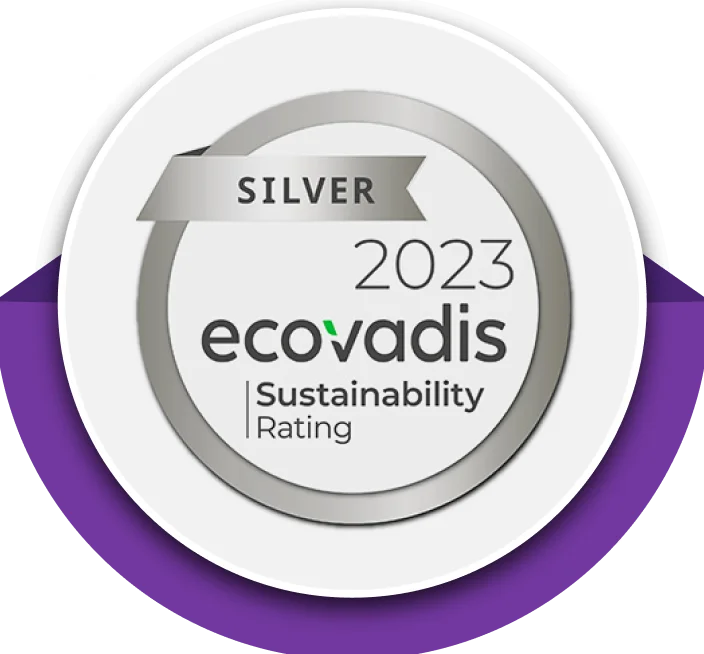
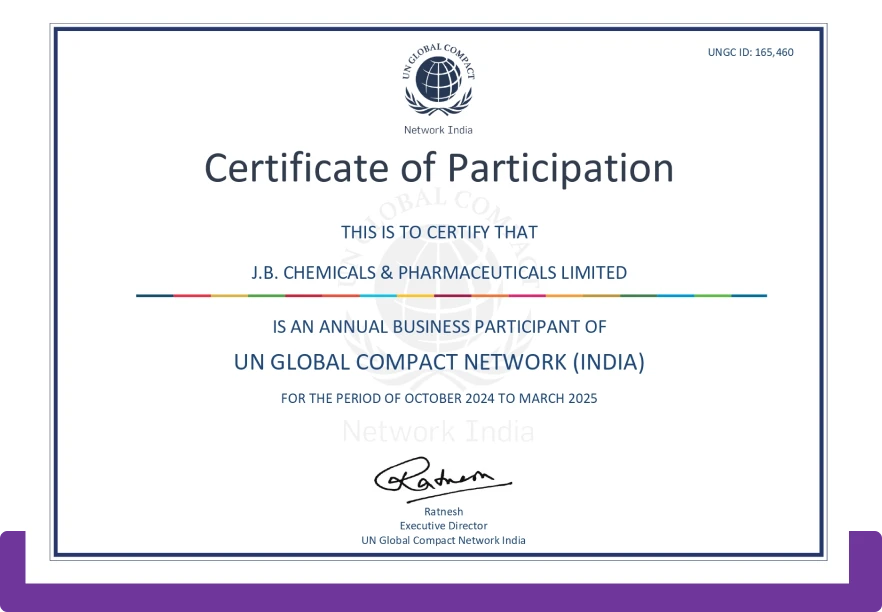
UNGC: The United Nations Global Compact (UNGC) is an initiative designed to encourage businesses and organizations worldwide to adopt sustainable and socially responsible policies. It consists of Ten Principles that provide a framework for businesses to operate in ways that meet fundamental responsibilities in four key areas: Human Rights, Labor, Environment, and Anti-corruption.
This relates to following sustainable goals.
